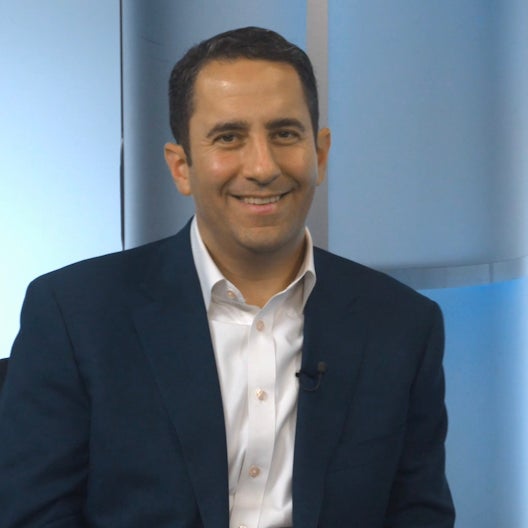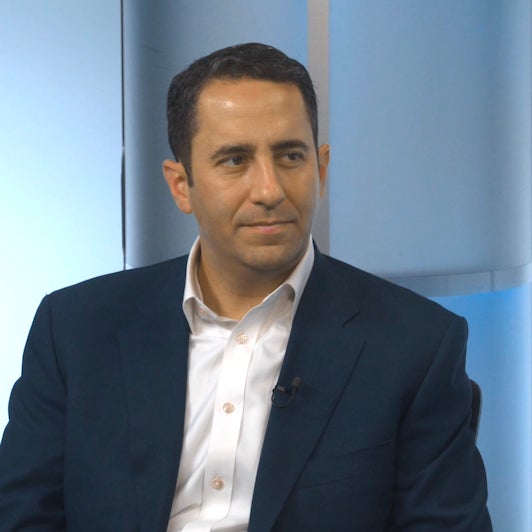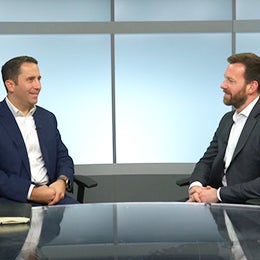
$46B+
As of September 30, 2025 Invesco Senior Secured Management, Inc platform assets
30+
years of platform experience
150
dedicated employees across 4 offices
Why partner with Invesco?
Our investment professionals leverage the disciplined fundamental credit process we have honed over decades of experience in private credit to provide an edge in due diligence that is hard to replicate.
Our credit process has been continuously tested and refined, but it has always centered on deep due diligence, cycle-tested underwriting, and risk mitigation to help preserve capital while targeting attractive risk-adjusted returns. This process is employed across all private credit investment strategies managed by the team.
*As of September 30, 2025 Invesco Senior Secured Management, Inc platform assets.
Private Credit Team
Our global Private Credit team is organizationally and economically aligned — including reporting to a single CIO. This structure incentivizes collaboration and improves our ability to source, underwrite, and execute attractive opportunities.


Head of Private Debt, Managing Director Ron Kantowitz

Head of Distressed Credit and Special Situations, Managing Director Paul Triggiani

Managing Director, Senior Portfolio Manager / Co-Head of Credit Research Kevin Egan

Managing Director, Senior Portfolio Manager / Co-Head of Credit Research Thomas Ewald

Managing Director, Senior Portfolio Manager / Co-Head of Credit Research David Lukkes
CFA®

Managing Director, Head of European Senior Loans / Senior Portfolio Manager Michael Craig
CFA®

Managing Director, Head of US Trading / Senior Portfolio Manager Seth Misshula
CFA®
Strategies
Invesco Private Credit is one of the world’s largest and longest-tenured private credit managers. We leverage a consistent, cycle-tested fundamental credit process to pursue opportunities across broadly syndicated loans, direct lending, and distressed debt and special situations.

Direct Lending
Our team has decades of experience in sourcing, underwriting, and executing senior secured loans in the core middle market. We are a trusted partner to deal sponsors seeking capital and investors seeking risk-adjusted returns.
Transcript

Broadly Syndicated Loans
Our investment philosophy combines detailed asset risk assessments tied to broader economic trend analysis.
Transcript

Distressed Credit and Special Situations
Our integrated global credit platform provides a competitive edge in sourcing, diligence, and execution.
Transcript
FAQ
Private credit is an asset class that can generally be defined as non-bank lending — privately negotiated loans and debt financing from non-bank lenders. The private credit market typically serves borrowers too small to access public debt markets or have unique circumstances requiring a private lender. Invesco includes broadly syndicated loans within private credit because of the firm’s private-side orientation and consistent due diligence approach across private credit sectors.
In general, private credit and private debt are terms that are used interchangeably to refer to private lending — loans that are provided to companies by private investors and private markets rather than by banks or public debt markets.
Default risk is the leading risk of private credit and emphasizes the need for in-depth, thorough due diligence and credit expertise. The risk that a borrower will be unable to pay back a loan (i.e., default) may be elevated because private credit typically involves non-investment-grade borrowers. Liquidity risk is another key risk of private credit because private credit securities generally are illiquid relative to publicly traded securities.
Global private credit assets total over $1 trillion* as of Dec. 31, 2021, according to various estimates. Private credit assets have been growing rapidly alongside the steady growth of the private equity industry and as investors seek diversified sources of yield and income.
*Source: Preqin database, as of Dec. 31, 2021 (most recent data available).
Related insights
-
Private credit  Private credit
Private creditWhy CLO Equities - Macroeconomics and credit cycle considerations
Explore how CLO equity can deliver stable returns in a declining rate environment through active credit selection and expert management.
February 10, 2026 -
Private credit  Private credit
Private creditWhy CLO Equities - Cash flow modeling and stress testing
CLO equity stress tests show strong returns even in stress, aided by widening spreads, low financing costs, and refinancing benefits.
February 10, 2026 -
Private credit  Private credit
Private creditWhy CLO Equities - Market Trends and Investor Perceptions
CLO equity offers institutional investors the potential for competitive income, diversification, and growth, enhancing portfolios beyond traditional fixed income and private equity.
February 10, 2026 -
Private credit  Private credit
Private creditWhy CLO Equities - Risk assessment and management
Discover how CLO equity investors manage downside risk and leverage market volatility through active credit risk strategies.
February 10, 2026 -
Private credit  Private credit
Private creditOpportunity in real estate credit
Investors seeking potential income and risk-adjusted performance may want to consider private real estate credit.
December 9, 2025


Learn more about Invesco Private Credit
Please reach out to learn more about our capabilities in Direct Lending, Distressed Credit and Special Situations, and Broadly Syndicated Loans.
Important information
NA4514590
While portfolio managers may consider Environmental, Social, and Governance (ESG) aspects, there is no guarantee that the evaluation of ESG considerations will be additive to a strategy’s performance.
Whilst the manager considers ESG+R aspects they are not bound by any specific ESG+R criteria and have the flexibility to invest across the ESG+R spectrum from best to worst in class.



